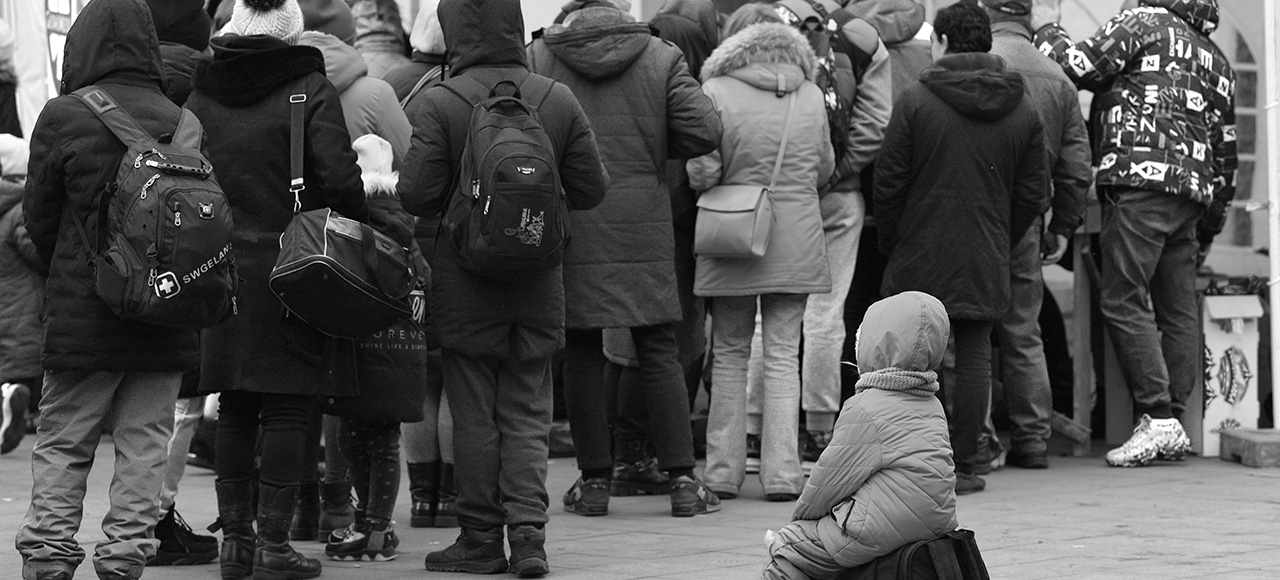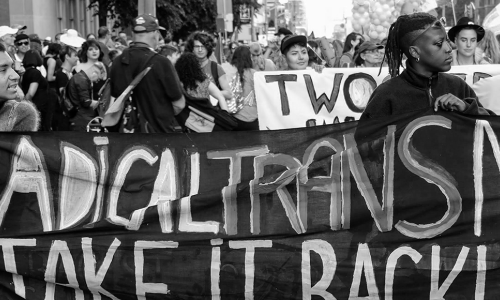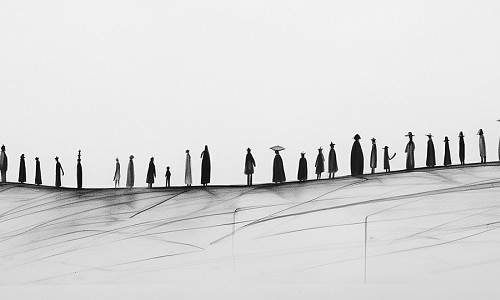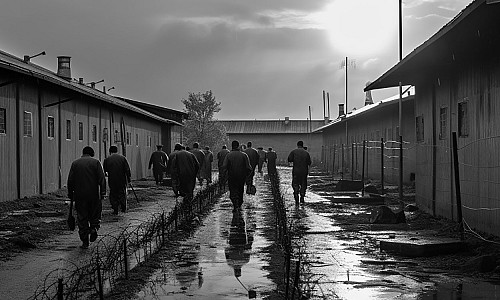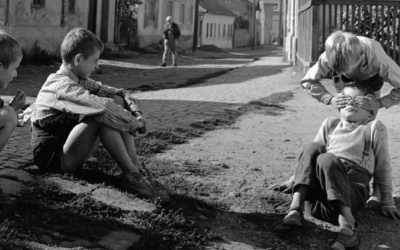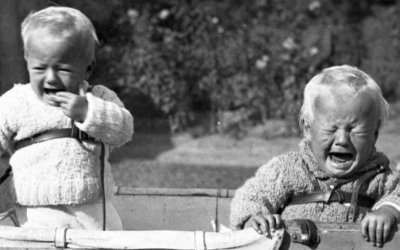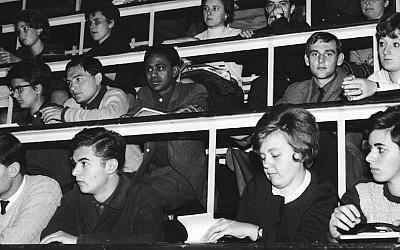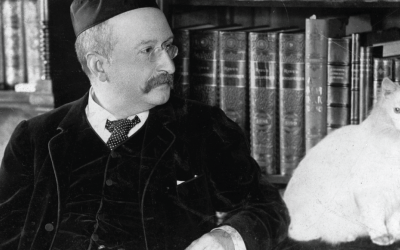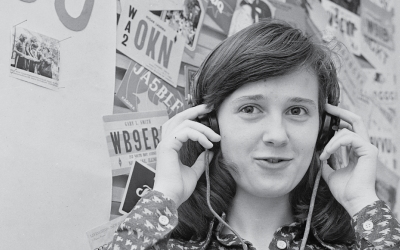Jean Kazez asks whether we care too much (and says no).
When the Russian invasion of Ukraine began at the end of February, my first instinct was to protect myself from incessant, painful concern. It worked, briefly, to remind myself that my ancestors were driven out of Kiev by anti-Semitism a long time ago. Perhaps I could just care about Ukraine, but not in an intense, draining “those are my people” fashion. Twenty-four hours later I realized that Ukraine has a Jewish president and prime minister. The people under assault might literally be my relatives and were at the very least not akin to my grandmother’s persecutors. The distancing maneuver had to be abandoned, and I became as riveted and horrified as millions of others around the world.
In the early weeks of the invasion, a worry one read often in left-wing precincts of the internet, which overlap with philosophy precincts, is that there’s something problematic about this extreme concern so many feel in the West. We didn’t feel as concerned about civilians being bombed in Syria. Europeans didn’t welcome refugees produced by that conflict in the way they are now welcoming Ukrainians. The worry is that we care so much about people in Ukraine because news stories reveal them to be just like us, and isn’t that a mistaken basis for greater concern? The critics even suspect a bit of racism underlying the concern – do we respond more to white victims than to non-white victims?
I don’t deny that “just like us” plays into my level of concern. The Ukrainians who are constantly the focus of news stories and featured in photographs and video footage are people I often relate to. They had the kinds of jobs I can imagine. They were in the middle of a life that’s not very different from my life – which they now can’t return to. One photo in the New York Times (March 6, Lynsey Addario) particular sticks with me: the bodies of a mother and her son and daughter are lying in the street. They were fleeing the town of Irpin, trying to find safety in Kiev, when they were hit by Russian mortar fire. I’ve thought many times of the mother’s state of mind – her desperate effort to save her children. Did she see them shot? Did she see their bodies lying on the street? The backpacks they were wearing were just the kind my kids used to wear. Later I learned she was an IT professional, like members of my family.
No, I don’t feel guilty for relating to this mother. I don’t care about her more than I should; and I do care about people I relate to less. Immediate empathy is not the only avenue to great concern. Sometimes we just have to work harder to care to the right degree, but people can make the effort. Fifteen years ago I was involved in a project that responded to the genocide in Darfur not because I instantly related to the victims, but as a result of making the effort to understand – by reading brilliant writing like Dave Eggers' book What Is the What, for example.
How fully do you have to imagine an atrocity before caring about its victims and doing something on their behalf? Not perfectly, but more vividness helps. That’s the view of film director Alejandro G. Iñárritu, who has used virtual reality technology to increase empathy for immigrants. He’s created an experience (Carne y Arena – Flesh and Sand) that puts the viewer in the middle of a raid on adults and children crossing a desert into Texas. At the installation, which has been at the fairgrounds in Dallas recently, I found myself loaded down by a VR headset, headphones, and a backpack, and moving around a dark, sandy-floored room in bare feet. When the 7-minute show started, I was in a cactus filled desert (a very beautiful one) with “illegal aliens” just feet away. A helicopter hovered above, a pick-up truck approached. The border-crossers were suddenly flooded by lights and bombarded by aggressive border patrol agents and barking dogs.
Before going, I was a bit skeptical. Is there something just a bit perverse about experiencing the terror of being apprehended, while not actually being susceptible? A week before the VR experience, I had been hiking in deserts near the Rio Grande without the slightest fear of border patrol. But the VR experience changed my mind. There was a lot that had eluded me, in my attempts to imagine the experience of border-crossers. And perhaps I also just hadn’t made enough attempts. There was also an unexpected aspect of the experience. Yes, thanks to VR it was visually and aurally as if I were in the middle of a border patrol attack, but I was acutely aware of myself as a bystander who was doing nothing at all to stop the attack.
The point of relating is not just to relate, but to care, and then to do something. But what can we do? In the philosophy precincts I frequent, I also see people wrestling with this question, but that’s another topic. We do need to care before we act, and it’s ok that we care about Ukraine so easily. We can also care about situations that seem more distance or complicated or harder to imagine. It may just take greater effort.
Jean Kazez is the author of The Philosophical Parent: Asking the Hard Questions About Having and Raising Children. She teaches philosophy at Southern Methodist University and edits the reviews section of The Philosophers’ Magazine.
You might also like...


